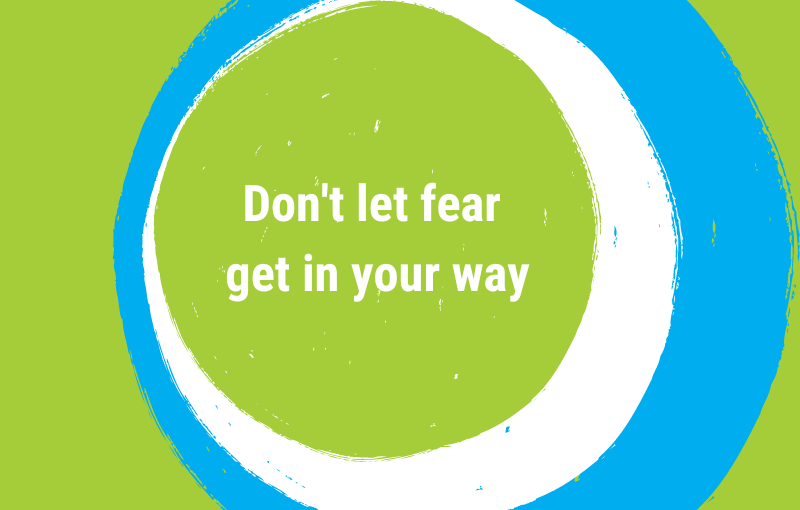The purpose of fear
Fear is one of those emotions that have played an important role in the human evolution – fear has kept us away from dangerous situations and helped us survive.
That’s why our mind is programmed for fear for survival, and fear still serves us in many ways.
It keeps us away from doing things that could hurt us, such as running into traffic. It helps us make better decisions when it comes to our safety, like complying with social distancing rules during pandemics.
However, fear is no longer as necessary as it used to be, most of our day-to-day fear is not necessary and not useful.
Often, useless fear keeps us from doing what we want to do, it causes us to avoid certain situations or activities, it can limit our personal growth potential.
Having fear is part of the human experience.
If we want to overcome fear we first need to understand that having fear doesn’t mean that something has gone wrong with us. It doesn’t mean that we are weak or cowardly.
As human beings we are wired for survival and having fear is a normal part of the human experience.
Thus, accepting that fear is going to be part of our life can make it much easier to live with it.
Our thoughts create our fear.
Most of the self-limiting fear we have comes from a thought in our mind, a thought that might be irrational but nevertheless is creating fear which then keeps us from taking action.
As soon as we find that irrational thought and its cause, we can start to work on getting the fear out of our way.
One way to do so is to deliberately change our thoughts.
Let’s have a look at an example – The fear of public speaking
Many people are terrified of public speaking.
The fear of putting ourselves out there is often caused by another fear – the fear of potential humiliation. We are afraid of making a mistake and being laughed at because we believe that that would make us feel terrible.
Thus not the act of talking in front of an audience causes our fear of public speaking but the idea that our feelings could get hurt.
As soon as we understand the fear-causing thoughts, we can decide that we no longer want to believe them. We can search for more useful thoughts and replace the old ones.
We can, for example, decide to start thinking:
-
- Being laughed at during a public speech is not the end of the world.
- The worst thing that could happen is feeling humiliated.
- And that’s just a temporary feeling, it will go away.
- And experiencing it will make us stronger.
Taking action while feeling fear is a skill that we can develop.
If the fear-causing thoughts and the fear itself (in this case the fear of humiliation) are deep-seated and hard to change, we can decide to take action anyway.
We don’t have to be fearless to take action.
Taking action while we are still feeling fear is always possible:
-
- We might need to remind ourselves that there is no real danger, that it’s not about life or death.
- We consider the worst that can happen and tell ourselves that we will survive it.
- We decide that we don’t give in to our fear of fear.
- And then we do the thing we are afraid of.

